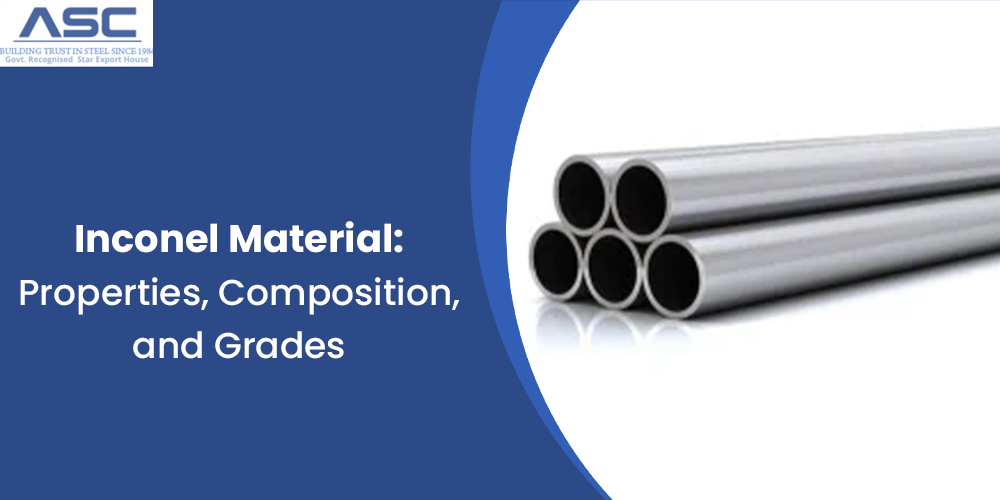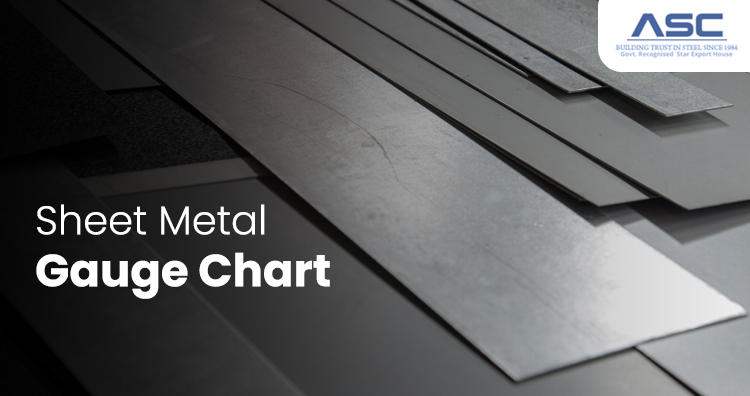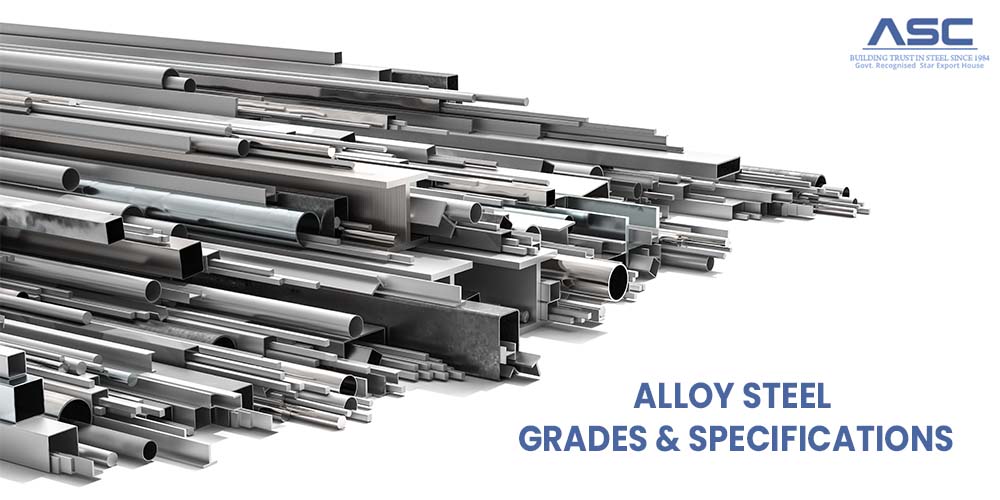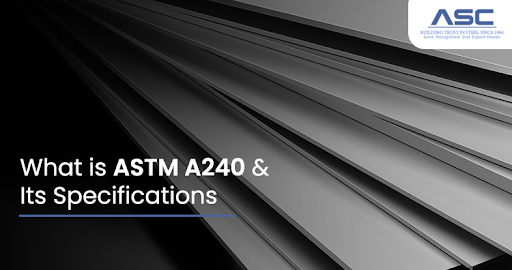Inconel Material: Properties, Composition, and Grades
by AMC
Posted on Novermber 04, 2024 at 11:50 AM

When thinking of materials for high performance in demanding applications, the name Inconel material automatically comes to mind. As the Inconel material is very expensive, the use is of a limited nature. Because of this Inconel material is generally less familiar as compared to Steel or Aluminum. In this article, we will explore some basics of this Inconel Material.
What is Inconel Material?
Inconel is a nickel-chromium-based superalloy that's known for its high strength, corrosion resistance, and ability to withstand extreme temperatures, pressure, or mechanical loads. Inconel Material alloys are oxidation- and corrosion-resistant. When heated, Inconel material forms a thick, stable, passivating oxide layer protecting the surface from further attack. Inconel retains strength over a wide temperature range and is attractive for high-temperature applications where aluminum and steel would come to creep as a result of thermally induced crystal vacancies. Inconel Material's high-temperature strength is developed by solid solution strengthening or precipitation hardening, depending on the alloy
Inconel Material Properties
Inconel is a nickel-chromium-based superalloy that's known for its high strength, corrosion resistance, and ability to withstand extreme temperatures, pressure, or mechanical loads. Inconel Material alloys are oxidation- and corrosion-resistant. When heated, Inconel material forms a thick, stable, passivating oxide layer protecting the surface from further attack. Inconel retains strength over a wide temperature range and is attractive for high-temperature applications where aluminum and steel would come to creep as a result of thermally induced crystal vacancies. Inconel Material's high-temperature strength is developed by solid solution strengthening or precipitation hardening, depending on the alloy
In addition to high-temperature performance, Inconel material has excellent strength properties at room temperature. The high amounts of chromium also give it superb corrosion resistance at room temperatures as well. The other alloys mentioned above in the composition section provide additional properties such as toughness and hardness. Several Inconel alloys, such as Inconel 718, are precipitated and hardened to increase strength even further.
Want to know more about Inconel material prices? Contact us today, and we'll provide you with competitive pricing and expert guidance.
Inconel Material Composition
Content: The Inconel Material Composition varies with grade. As this is a nickel alloy, the Nickel percentage is higher. Other elements present in Inconel alloy material are:
| Inconel | Element, proportion by mass (%) | ||||||||||||||
|---|---|---|---|---|---|---|---|---|---|---|---|---|---|---|---|
| Ni | Cr | Fe | Mo | Nb & Ta | Co | Mn | Cu | Al | Ti | Si | C | S | P | B | |
| 600 | ≥72.0 | 14.0–17.0 | 6.0–10.0 | — | ≤1.0 | ≤0.5 | ≤0.5 | ≤0.15 | ≤0.015 | ||||||
| 617 | 44.2–61.0 | 20.0–24.0 | ≤3.0 | 8.0–10.0 | 10.0–15.0 | ≤0.5 | ≤0.5 | 0.8–1.5 | ≤0.6 | ≤0.5 | 0.05–0.15 | ≤0.015 | ≤0.015 | ≤0.006 | |
| 625 | ≥58.0 | 20.0–23.0 | ≤5.0 | 8.0–10.0 | 3.15–4.15 | ≤1.0 | ≤0.5 | ≤0.4 | ≤0.4 | ≤0.5 | ≤0.1 | ≤0.015 | ≤0.015 | ||
| 690 | ≥58 | 27–31 | 7–11 | ≤0.50 | ≤0.50 | ≤0.50 | ≤0.05 | ≤0.015 | |||||||
| Nuclear grade 690 | ≥58 | 28–31 | 7–11 | ≤0.10 | ≤0.50 | ≤0.50 | ≤0.50 | ≤0.04 | ≤0.015 | ||||||
| 718 | 50.0–55.0 | 17.0–21.0 | Balance | 2.8–3.3 | 4.75–5.5 | ≤1.0 | ≤0.35 | ≤0.3 | 0.2–0.8 | 0.65–1.15 | ≤0.35 | ≤0.08 | ≤0.015 | ≤0.015 | ≤0.006 |
| X-750 | ≥70.0 | 14.0–17.0 | 5.0–9.0 | 0.7–1.2 | ≤1.0 | ≤1.0 | ≤0.5 | 0.4–1.0 | 2.25–2.75 | ≤0.5 | ≤0.08 | ≤0.01 | |||
Inconel Material Grades
Inconel material has a variety of grades varying in composition and properties developed for specific applications. The common Inconel grades are as follows:
1. Inconel 600: Inconel material is the original alloy. It is heat- and corrosion-resistant, noted for elevated temperature corrosion/oxidation resistance, good hot and cold processing characteristics, good low-temperature strength, and both hot/cold fatigue properties. Inconel material has high strength under 650 °C, and it’s suitable for chemical-plant components.
2. Inconel 601: Inconel material has excellent oxidation resistance at elevated temperatures and high resistance to carburization. It is good for high-temperature organic-chemical plants. It resists oxidation from sulfur atmospheres and has good mechanical properties at room temperature and high temperature. It also has great stress corrosion crack resistance because of the low carbon content and fine grain structure. It has particularly good creep strength at elevated temperatures (above 500 °C, at which other alloys can fail). 601GC is the alloy's grain-controlled version, offering some properties enhancement over 601.
3. Inconel 625: Inconel material offers better corrosion resistance than 600 and 601. It has better performance in retaining strength and resisting creep from low temperatures up to a maximum service temperature of 980 °C
4. Inconel 718: Inconel material is suited to precipitation hardening. It offers good strength and toughness up to 650 °C and good general corrosion/oxidation resistance at all service temperatures. It is formulated for solution treatment or precipitation hardening.
5. Inconel X-750: Inconel material offers elevated corrosion resistance and oxidation resistance, as well as good strength below 980 °C. In addition, Inconel X-750 has good low-temperature performance and molding performance. It is mainly used for aerospace and industrial gas turbine components.
6. Inconel 690: Inconel material offers greater resistance to chloride corrosion (e.g., salt water), high temperature/pressure water stress corrosion, strong oxidation environments, and fluorinated atmosphere attack. It is mainly applied in nitric acid environments, steam generators, and nuclear waste treatment plants.
Are you considering Inconel Material for your next project?
Reach out to discuss your needs and find the best options for you!
Inconel Material Hardness
Inconel material is hard to weld, as there is a strong tendency to crack at the welds. TIG and Inconel 625 filler rods give the best results when executed by automated welding equipment. Inconel material pricing depends on the alloy type and the form in which it is delivered. Inconel material’s hardness varies, depending on how it is processed. Cold-rolled Inconel material has a hardness of 175–240 Brinell. Annealed varieties, on the other hand, have a hardness of 145–220 Brinell.
Inconel Material Code
Inconel Materials are typically identified with material codes based on specific grades, such as 625, 718, 600, and 800, indicating their unique compositions and applications.
|
Trade Name
|
ASTM/ ASME / UNS
|
|---|---|
|
(600)
|
ASTM B167 UNS N06600 |
|
(601)
|
ASTM B167 UNS N06601
|
|
(N06603)
|
ASTM B167 UNS N06603
|
|
(N06690)
|
ASTM B167 UNS N06690
|
|
(N06693)
|
ASTM B167 UNS N06693
|
|
(N06025)
|
ASTM B167 UNS N06025
|
|
(N06045)
|
ASTM B167 UNS N06045
|
|
(N06696)
|
ASTM B167 UNS N06696
|
|
(600)
|
ASTM B163 UNS N06600
|
|
(601)
|
ASTM B163 UNS N06601
|
|
(690)
|
ASTM B163 UNS N06690
|
Density of Inconel
The density of Inconel varies by alloy, but here are some examples:
- Inconel 625: Has a density of 8.44 grams per cubic centimeter (g/cm 3) or 0.305 pounds per cubic inch (lb/in³).
- Inconel 600: Has a density of 8.43 g/cm³.
- Inconel 718: Has a simulated density of 7.32 g/cm³ for the alloy Ni51Cr25 Fe24.
Balancing the duration of holding time and cooling methods is essential to achieving the desired material properties without compromising structural integrity during the heat treatment of SAE 1045 steel.
Conclusion
In conclusion, Inconel materials are renowned for their excellent properties, including high strength, corrosion resistance, and the ability to withstand extreme temperatures. Composed primarily of nickel and chromium, these alloys are ideal for a wide range of applications, from aerospace to chemical processing. With various grades available, each designed for specific uses, Inconel continues to be a popular choice in industries that demand reliable and durable materials. Understanding the properties, composition, grades, and Inconel material price of Inconel can help you select the right alloy for your needs, ensuring optimal performance in challenging environments. For high-quality Inconel materials and expert guidance, consider Amardeep Steel as your trusted supplier.
FAQs
1. What is Inconel Material Used For?
For instance, the well-known INCONEL alloy 625 is commonly used in wire ropes, propeller blades, propulsion motors, and sheathing for undersea communication cables. Additionally, INCONEL alloys find applications in down-hole equipment, platform risers, hangers, and high-strength fasteners.
2. Is Inconel Costly?
Generally, Inconel is more expensive than Monel due to its higher nickel and chromium content. While Monel grades typically contain up to 66% nickel and 31.5% copper, Inconel alloys contain around 50% to 55% nickel in their composition. This increased nickel content contributes to the higher cost of Inconel materials.
3. Is Inconel Better Than Titanium?
When comparing Inconel and titanium, both materials are known for their strength, but titanium is generally regarded as stronger, especially at elevated temperatures. In terms of weight, titanium is significantly lighter than Inconel, making it a preferable choice for applications where reducing weight is crucial, such as in the aerospace industry.

Sheet Metal Gauge Chart
When working with sheet metal, the term "gauge" is commonly used to describe the thickness or thickness range of the material.

